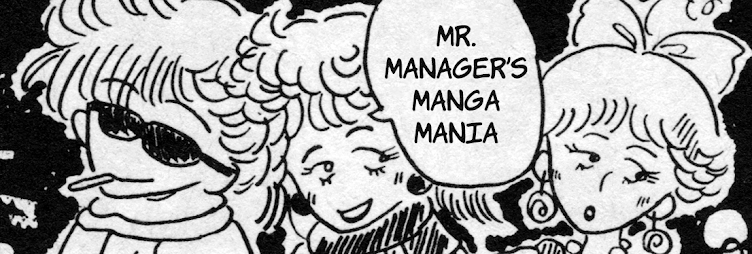I've always been interested by the process of translation, especially Japanese-to-English translation. The two languages are so grammatically different, even if there was a 1-1 match for each word in both languages (there isn't), just the differences in grammar alone would make a word-to-word translation incomprehensible. At best, you might get a somewhat-readable sentence that sounds like something Yoda would say, if you're lucky.
That's why there's always a degree of creativity that comes with every translation. Even something as banal as a legal or medical document demands at least the slightest bit of creative thought to accurately translate even a simple sentence. For example, in Japanese, the subject of a sentence is often dropped if it's considered obvious for the listener to know who or what is being referred to; in English, such a thing would be ungrammatical. You can't just say "Went to school." as a sentence by itself, but you more or less can in Japanese if it's considered already obvious who exactly is going to school. As such, even the most simple sentences can require a creative choice made on the part of the translation, such as if you write the name of who went to school, or if you instead decide to use a pronoun. These creative choices require both an understanding of the original speaker's intention with their sentence, but also a cultural and linguistical understanding of how an equivalent sentence may be said in the same context in the target language. Complicating things, as is in the case of a manga, the translator would (ideally) be aiming to produce writing that is of the same caliber of that seen in a comic written by a native English speaker, and would elicit a similar reading experience.





